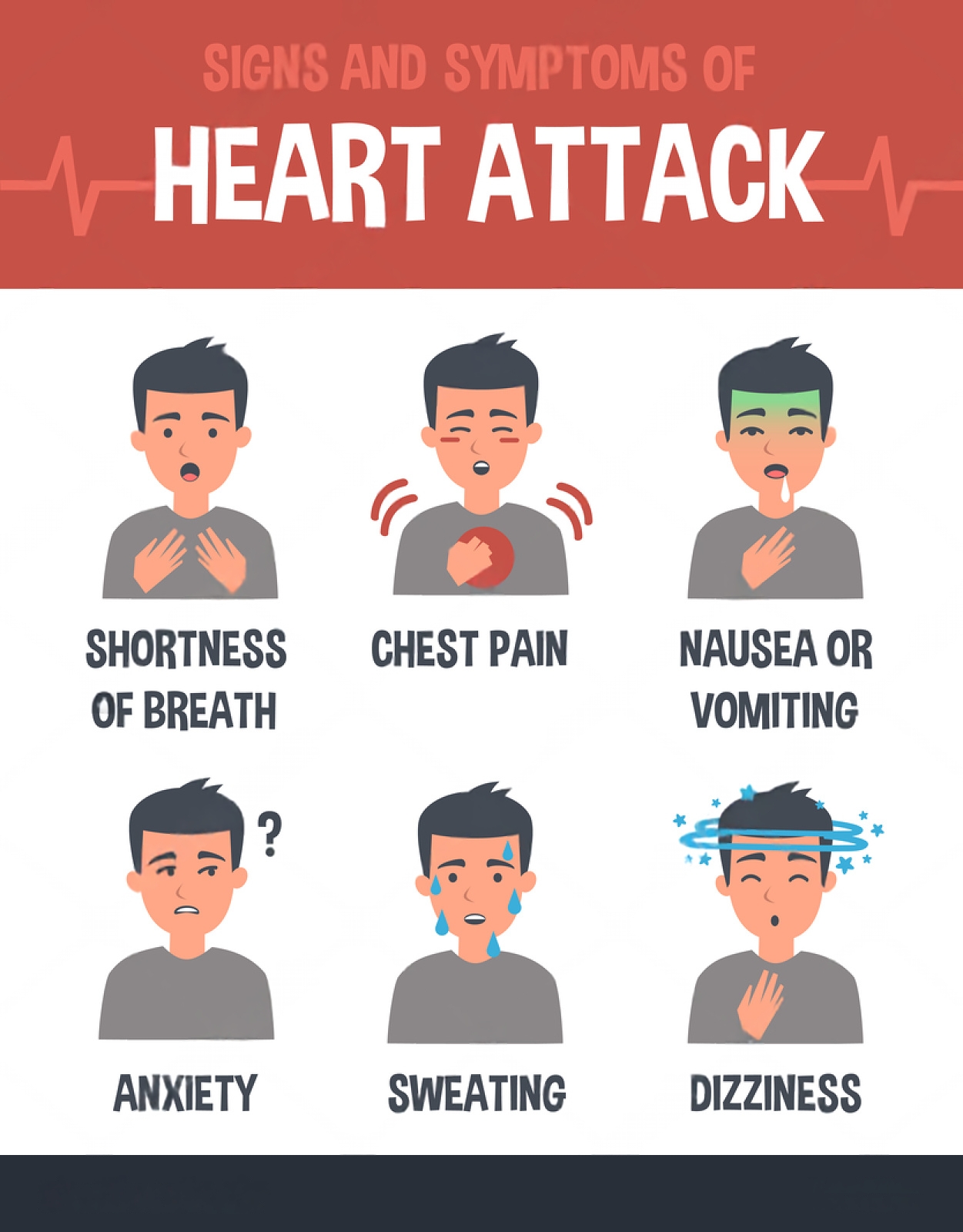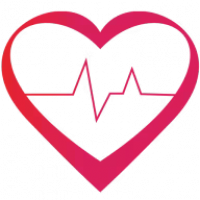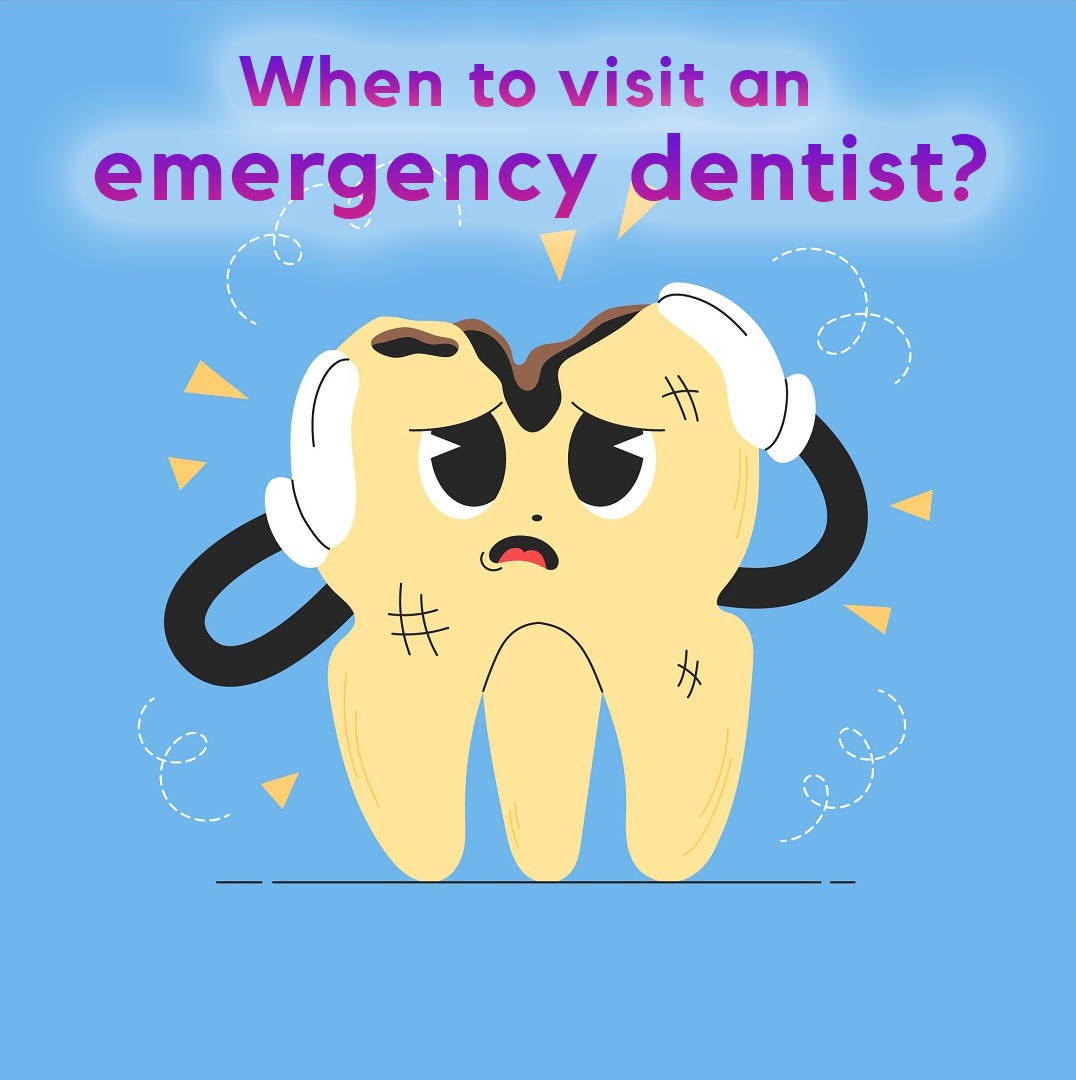Heart Attack Symptoms: Early Signs and Differences

Strong 8k brings an ultra-HD IPTV experience to your living room and your pocket.
Many folks are on edge about heart attack symptoms, often scratching their heads over which signs to watch for. In my days seeing patients in Hyderabad, I've bumped into this confusion more than a few times.
A critical nugget of wisdom that everyone ought to latch onto is that heart attack symptoms can vary between men and women. This insight nudged me to dive headfirst into understanding these differences inside and out.
My goal? To sweep away the fog of confusion with information you can lean on. With years under my belt, I’ve gathered a treasure trove of knowledge on spotting those early warning flickers.
This webpage is your roadmap to getting savvy about heart attack symptoms, figuring out when it’s time to ring me up for help, and what steps to leap into if a heart attack strikes.
Stay in the know; after all, nothing trumps your health.
Key Takeaways
Heart attack symptoms differ between men and women, with men more likely to have chest pain while women may experience nausea or jaw pain.
Early warning signs include chest discomfort, shortness of breath, and for some, arm or jaw pain. Recognizing these can lead to quicker help.
If you think you're having a heart attack, call emergency services immediately and chew an aspirin if possible while waiting for help.
Taking preventive steps like exercising regularly, eating healthily, managing stress, and avoiding tobacco can lower heart attack risk.
Seeing a doctor early when experiencing any unusual symptoms is crucial for preventing severe consequences of a heart attack.
Overview of Heart Attack Symptoms
Heart attack symptoms vary widely, from intense chest pain to subtle signs like nausea and fatigue. Knowing these symptoms can save lives by prompting quick action.
Common symptoms
I often see patients who ignore the first signs of a heart attack, thinking they might pass. Common symptoms include chest discomfort, which many describe as pressure, squeezing, fullness, or pain in the center of the chest.
It lasts more than a few minutes or goes away and comes back. Some people also report arm pain that spreads to the shoulder, neck, or jaw. Shortness of breath can occur with or without chest discomfort.
Other signs shouldn't be overlooked either. These include nausea, sweating, weakness, or dizziness. Each individual might experience these symptoms differently but recognizing them early could save a life.
Over my years of practice in Hyderabad treating cardiovascular conditions at Yashoda
Hospitals Secunderabad., I've witnessed firsthand how crucial early detection and treatment are in saving lives during cardiac events.
Symptoms in men vs. women
Heart attack symptoms can differ between men and women. Men often experience chest pain or discomfort as a main warning sign. They may feel pressure, squeezing, or fullness in their chest.
Arm pain can radiate from the chest to the left arm. Shortness of breath is common too.
Women, on the other hand, might show different signs. While they can have chest pain, many also report nausea or fatigue leading up to an event. Jaw pain and neck discomfort are more typical for women than men.
Understanding these differences helps in recognizing heart attack symptoms early on. Early detection is key for effective treatment moving forward.
Early Warning Signs
Many early warning signs indicate a heart attack. I often see patients experience chest discomfort, shortness of breath, or nausea. Pressure or squeezing in the chest can feel alarming.
Some notice pain radiating to their arms, neck, jaw, or shoulders. For women especially, symptoms may differ from those seen in men. They might encounter fatigue or unusual sweating more frequently.
Recognizing these early signs is crucial for timely intervention. Patients should act quickly if they notice these indicators and seek help immediately to avoid severe consequences.
Understanding how to identify potential heart attack symptoms can save lives and ensure better outcomes for those experiencing a cardiac event.
When to See Dr. C Raghu Cardiologist
I encourage individuals to act quickly if they notice heart attack symptoms. Seeking help as soon as possible can save lives. Common signs like chest discomfort, shortness of breath, or pain in the arm deserve immediate attention.
Symptoms can vary widely between men and women. Women often experience different warning signs such as nausea or jaw pain.
Head to my office if you feel dizzy, excessively fatigued, or have sudden sweating without explanation. These may indicate a serious problem needing prompt evaluation. Your health matters immensely.
Early intervention helps prevent more severe issues down the line, so don’t hesitate to reach out for assessment and care when needed.
Immediate Actions to Take
If you notice signs of a heart attack, act quickly. Call emergency services right away if you experience chest discomfort or shortness of breath. Do not wait for symptoms to pass.
Chewing an aspirin can help thin the blood and may reduce damage until help arrives.
Stay calm while waiting for assistance. Rest in a comfortable position and avoid any physical exertion. Inform anyone nearby about your situation so they can assist as needed.
Time is critical during a cardiac event, so prompt action is vital for improving outcomes.
Preventive Measures
I focus on several key preventive measures to reduce the risk of heart attacks. Eating a balanced diet rich in fruits and vegetables plays a crucial role in maintaining heart health.
Regular exercise strengthens the heart and improves circulation. I aim for at least 150 minutes of moderate aerobic activity each week.
Managing stress effectively is also important. Techniques like meditation or yoga can help keep anxiety levels low. I monitor my blood pressure, cholesterol levels, and blood sugar regularly to catch any potential issues early on.
Avoiding tobacco products and limiting alcohol consumption further protect against heart disease. These actions can significantly lower the chances of experiencing symptoms of a cardiac event later in life.
Conclusion
Heart attack symptoms can vary. Many people experience chest discomfort or pain in the arms. Others might feel shortness of breath, nausea, or jaw pain. Recognizing these signs is crucial for timely action.
Stay alert and seek help if you notice any warning signs. Your health matters and early intervention can save lives. Consult Dr. Raghu, The Best Cardiologist in Hyderabad, for expert care.
FAQs
1. What are common heart attack symptoms?
Common heart attack symptoms include chest pain, shortness of breath, and discomfort in the arms or jaw. Some people may also feel lightheaded or nauseous.
2. How can I tell if I am having a heart attack?
You might experience pressure or squeezing in your chest that lasts more than a few minutes. Pay attention to any unusual pain that spreads to your back, neck, or stomach.
3. Are heart attack symptoms different for men and women?
Yes, men often have classic symptoms like chest pain. Women may experience different signs such as fatigue, indigestion, or anxiety along with other typical symptoms.
4. When should I seek help for heart attack symptoms?
Seek immediate medical help if you notice severe chest discomfort or other warning signs lasting longer than five minutes. Quick action can save lives during a heart attack.
Note: IndiBlogHub features both user-submitted and editorial content. We do not verify third-party contributions. Read our Disclaimer and Privacy Policyfor details.







